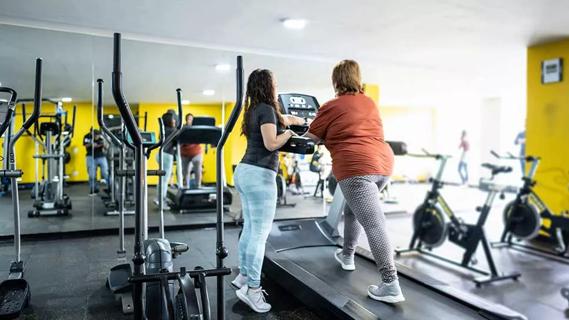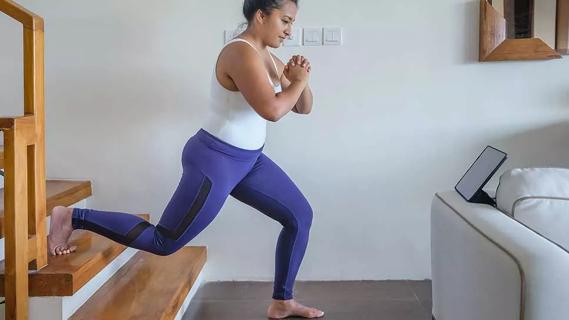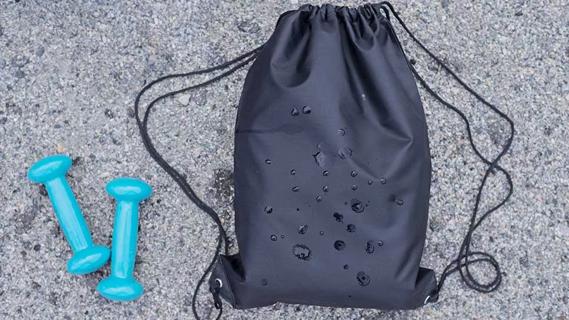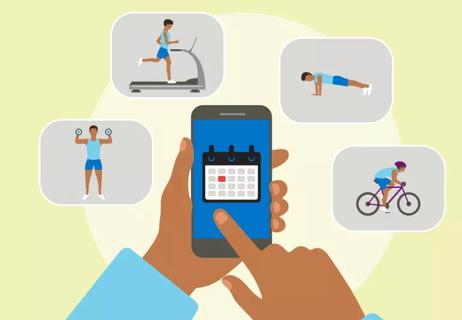The short answer from a heart specialist

A: Current health recommendations call for 150 minutes of moderate exercise or 75 minutes of vigorous exercise every week.
Advertisement
Cleveland Clinic is a non-profit academic medical center. Advertising on our site helps support our mission. We do not endorse non-Cleveland Clinic products or services. Policy
Ideally, you’d spread your physical activity throughout the week. But if you can only meet your weekly exercise targets by squeezing it all in during the weekend, you’re still doing your body some good.
One 2017 study showed that people who put in 75 minutes of vigorous physical activity or 150 minutes of moderate exercise a week over one or two sessions were less likely to die from cancer, cardiovascular disease and other causes than inactive adults.
The findings are consistent with what other studies have shown: Moving your body can prolong your life. Even if you exercise less than the recommended weekly amount, you can still expect some reduction in health risks. So don’t let the inability to exercise vigorously most days of the week be a reason to avoid physical activity entirely. Any exercise is better than no exercise. If you can do your exercise only on the weekend, that still counts.
— Clinical cardiologist Tamanna Singh, MD
Advertisement
Learn more about our editorial process.
Advertisement

The exercise — which you’ve probably been doing since grade school — can be intimidating, but proper form can help

Exercise lowers risk for heart conditions, improves mental health and reduces visceral fat that can compromise your organs

Ask questions, get referrals and consider if someone is a good fit for you and your fitness goals

Expect a few bumps in the road, work out for the right reasons and give yourself some credit

Jump into the swing of things to improve your coordination, burn calories and get your heart rate going

Walking with a weighted backpack is a low-impact, full-body workout that’s growing in popularity

A super high heart rate means you’re burning more than fat

Meet your workout goals by accounting for frequency, intensity, time and type

Type 2 diabetes isn’t inevitable with these dietary changes

Applying a hot or cold compress can help with pain